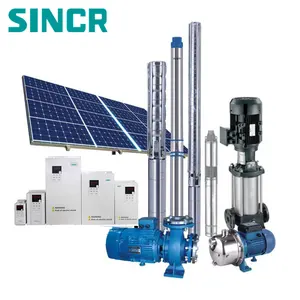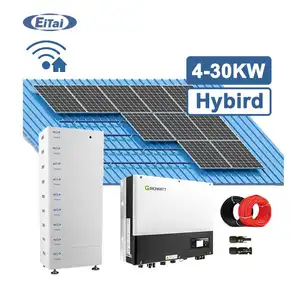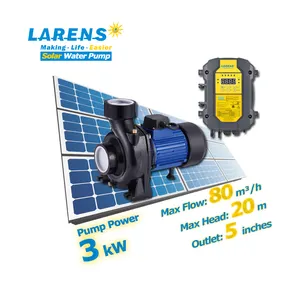Popular in your industry



























































Top categories
About 48v 5a solar charge controller
Understanding the 48V 5A Solar Charge Controller
The 48V 5A solar charge controller is a pivotal component in solar power systems, designed to regulate the voltage and current from solar panels to batteries. Ensuring the longevity and safety of batteries, this device is crucial for any solar energy setup. It's tailored for systems with a nominal voltage of 48 volts and a charge current up to 5 amperes.
Types and Technologies
There are primarily two technologies prevalent in these controllers: Maximum Power Point Tracking (MPPT) and Pulse Width Modulation (PWM). The MPPT solar charge controller is known for its efficiency in harnessing the maximum power from solar panels by adjusting the electrical operating point of the modules or array. On the other hand, a PWM solar charge controller is a simpler, cost-effective option that extends battery life by reducing the system's complexity.
Applications and Versatility
The versatility of a 48V solar charge controller allows it to be used in various applications, from small-scale residential solar systems to larger, commercial solar power stations. Its compatibility with different types of batteries, including lead-acid, lithium, and others, makes it a flexible choice for diverse solar energy projects.
Features and Materials
A solar system controller is built with robust materials that offer durability and resistance to various environmental conditions. Features often include comprehensive electronic protection, LED display indicators, and user-friendly interfaces for monitoring and control. The construction of these controllers is designed to ensure efficient heat dissipation and reliable performance under different load conditions.
Advantages of Using a 48V 5A Controller
Utilizing a solar working station controller like the 48V 5A model brings several advantages. It optimizes battery charging, reduces the risk of overcharging, and minimizes maintenance efforts. Moreover, it contributes to the overall efficiency of the solar power system by ensuring that the energy produced by the solar panels is effectively converted for storage and use.
Choosing the Right Solar Charge Controller
Selecting the appropriate solar charger controller is essential for the safety and efficiency of a solar power system. It's important to match the voltage and current specifications of the solar panels and batteries with the controller to ensure compatibility and optimal performance. While the market offers a range of options, the 48V 5A model remains a popular choice for many mid-sized solar applications.
































